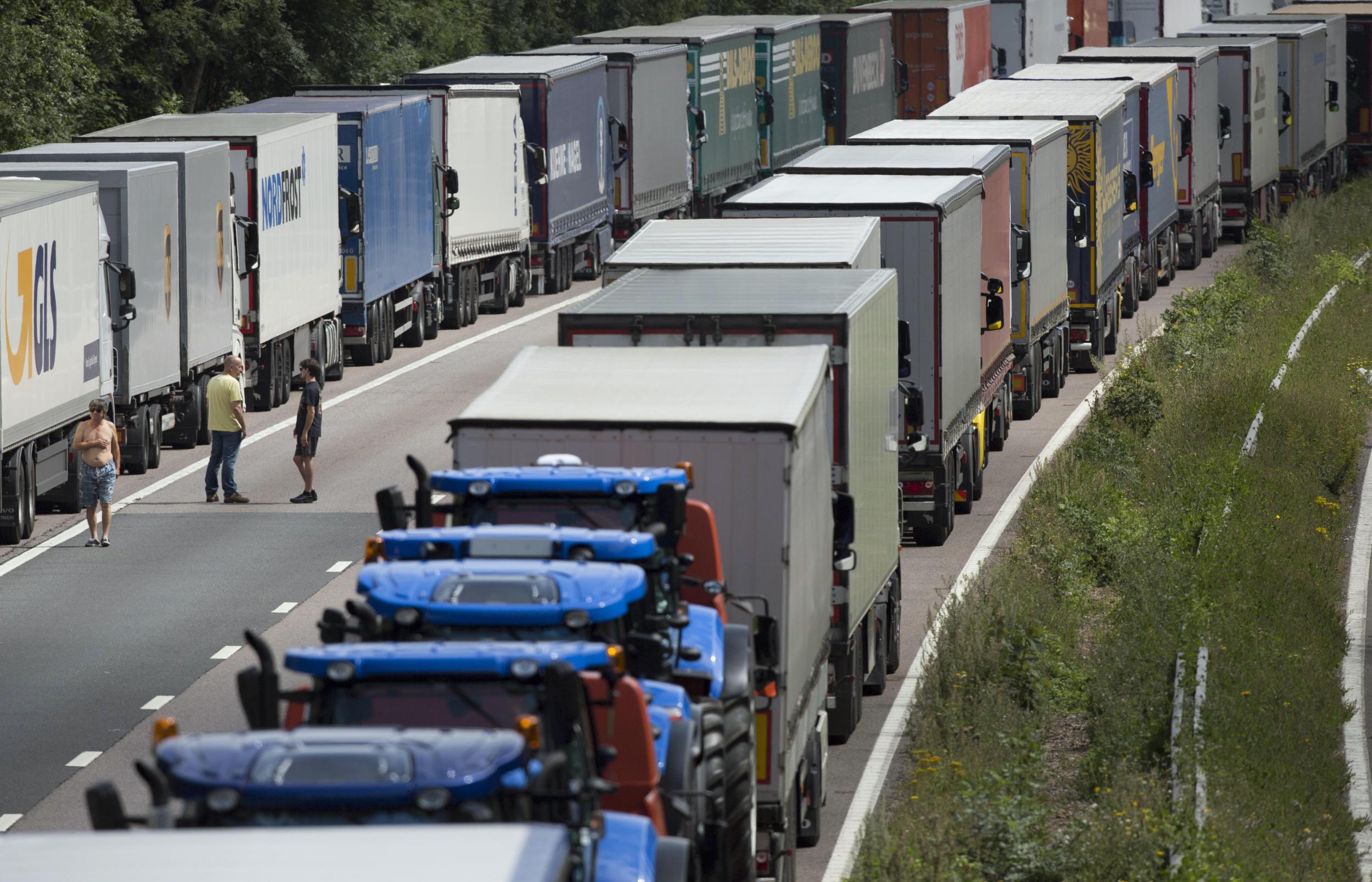There may yet be a Brexit agreement on the Irish border. The latest whispers out of meetings in Brussels are that the EU is preparing to offer a compromise solution on the so-called “backstop”. Whether it will be enough for the UK remains to be seen.
But let’s suppose it is, and a withdrawal agreement is signed. Does that prevent a no deal? Not exactly.
There are two things that could still cause a no-deal Brexit. Both bring a huge degree of uncertainty.
The first is the parliamentary vote. Theresa May, you may remember, has no majority in the House of Commons and needs help. How the DUP, Labour, and Conservative Eurosceptics vote will determine whether a deal passes parliament, even if it has been agreed between negotiators.
The second uncertainty is over the future trading relationship. An outline of this was supposed to have been agreed by now, but the timetable has slipped because of a lack of progress on Northern Ireland, which the EU insists must be dealt with first.
It is not widely understood that UK law states that this outline of the future relationship has to be presented to MPs before any vote on the withdrawal deal. But it is simply not clear how this will be possible.
Theresa May’s Chequers plan has been dismissed, and she has rejected the EU’s options of a loose free trade agreement or Norway-style single market participation. Negotiations are practically at square one for this, with practically no time left.
It is widely claimed that any document will have to be a fudge. But the EU said at the Salzburg summit that any outline must be specific – not just a list of vague aspirations.
How agreement could be reached on anything substantial is unclear, and neither side looks able to back the other’s proposals. It’s possible the issue of the trading relationship could make a comeback and sink the whole thing.
And yet, if we cannot sign a deal, Britain may still avoid heading over the cliff edge.
The government says emphatically it is prepared to go ahead with a no-deal Brexit, but the truth is the country is simply not prepared. The physical infrastructure needed is not in place and will take years to build, at ports, airports, and elsewhere.
There is certainly not a majority in the House of Commons for a no-deal, and the political damage to the government of going ahead with one far outweighs any benefit.
However, there remains the option to revoke Article 50 – even temporarily – before March 29. Empty supermarket shelves, grounded flights, and queues at ports are a prime minister’s worst nightmare. Desperation to avoid this at all costs means that a last-minute government U-turn is more than just a possibility – it’s likely.


Join our commenting forum
Join thought-provoking conversations, follow other Independent readers and see their replies
Comments